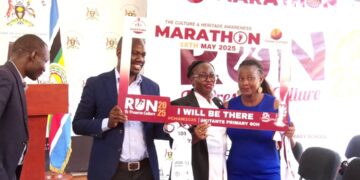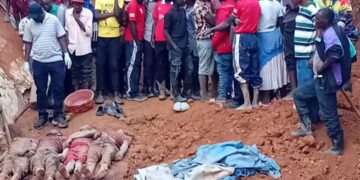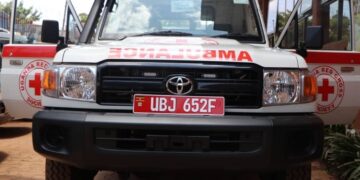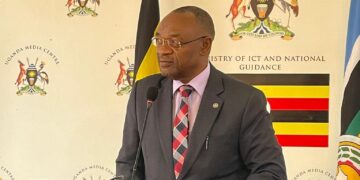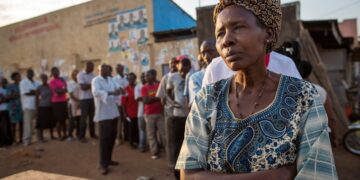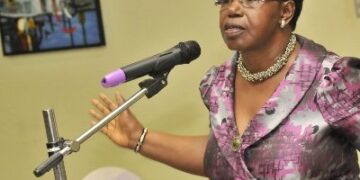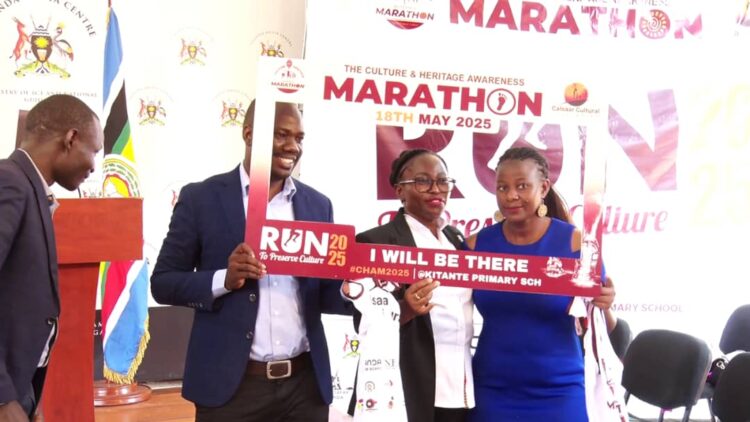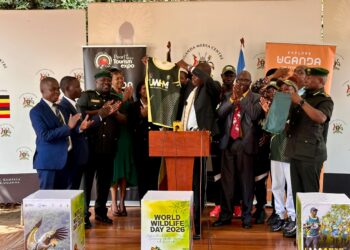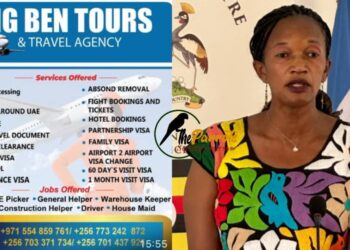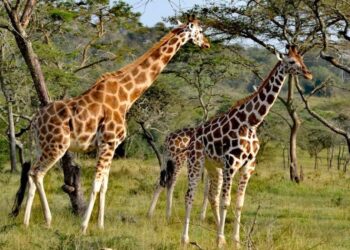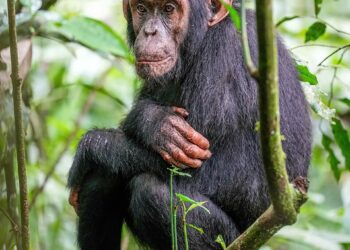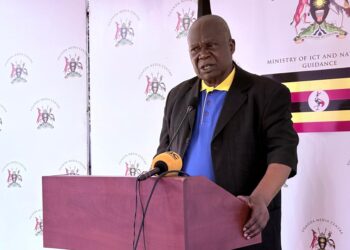KAMPALA
As Uganda amplifies efforts to diversify its tourism offering and deliver unforgettable visitor experiences, one rapidly emerging frontier is sports tourism. Stakeholders across the tourism and sports industries are increasingly recognizing the potential of athletic events to attract local, regional, and international travelers.
In anticipation of the Africa Cup of Nations (AFCON) 2027 and its associated economic opportunities, the Federation of Uganda Football Associations (FUFA) is moving to engage tourism stakeholders for coordinated benefit. Meanwhile, industry players like Calsaar Safaris Uganda are already tapping into the vibrant sports tourism space. Through its nonprofit arm, the Calsaar Cultural Initiative, the company has launched the inaugural Culture and Heritage Awareness Marathon 2025, joining the ranks of established events such as the MTN Marathon, the Elgon Half Marathon with Joshua Cheptegei, and the Tusker Lite Rwenzori Marathon.
These events are redefining Uganda’s tourism landscape, unlocking fresh investment opportunities, empowering communities through job creation, supporting SMEs, and stimulating regional economies via demand for local services and goods.
A Cultural Celebration in Motion
The first-ever Culture and Heritage Awareness Marathon, slated for Sunday, 27th July 2025, at Kitante Primary School in Kampala, is organized under the theme “Running for Culture, Unity and Sustainable Development.” Hosted by the Calsaar Cultural Initiative, an NGO committed to preserving Uganda’s cultural diversity, the event promises a captivating blend of sport and tradition.
Running from 7:00 AM to 1:00 PM, the marathon will feature three race categories,5km, 10km, and 21km, to suit all fitness levels. But it is more than just a race: the event will immerse participants in Uganda’s cultural wealth with live performances, traditional storytelling, art and craft exhibitions, and a cultural awareness symposium.
Participation kits are affordably priced at UGX 25,000, giving attendees the chance to support a cause rooted in unity, wellness, and national pride.
The launch, held at the Uganda Media Centre on 17th April, follows the NGO’s broader cultural campaign that includes a symposium at Makerere University, an exhibition Museums Day in Kabale, and a Greening campaign in Kigezi.
Preserving Heritage Through Action
“Our debut marathon is a powerful collective statement,” says Steven Sekajja, Executive Director of the Calsaar Cultural Initiative. “It affirms that culture matters, that unity is achievable, and that sustainable development must be deeply rooted in our identity and heritage.”
Proceeds from the marathon will support a documentation and storytelling project aimed at preserving oral traditions, folklore, and indigenous knowledge from the Teso Region, particularly Soroti District. The initiative, based on community needs assessments, involves collaboration with local historians, cultural leaders, and residents.
Additionally, 1,000 culturally significant indigenous trees will be planted to highlight the intrinsic connection between cultural heritage, nature, and sustainability.
Why Culture, Why Now?
Uganda, often heralded as the Pearl of Africa, is a nation of over 56 ethnic groups, each with distinct traditions, languages, and customs. From culinary arts to ceremonial dress, this diversity spans the country’s four regions,Central, Eastern, Northern, and Western Uganda.
Yet, Uganda faces an urgent cultural dilemma. The 2019 Uganda National Culture Policy Review revealed that fewer than 40% of youth under 25 speak their native language fluently, particularly in urban centers. With modern pressures of digital life and urbanization, ancestral customs, clan totems, and oral history risk fading into obscurity.
This marathon, aligning with the World Day for Cultural Diversity for Dialogue and Development (21st May), is a rallying cry for national reconnection. It urges Ugandans to rediscover, celebrate, and preserve what makes them unique.
Uganda’s 2024 Census recorded a population of 45.9 million, with the Baganda accounting for nearly 16.3 million. Other prominent cultural groups, including Busoga, Ankole, Tooro, Karamojong, and Teso communities, will be represented at the event.
Expect storytelling from the Karamojong, whose courtship rituals involve strength contests; traditional dances like the Kinyege and Orunyege-Ntogoro of the Batooro; clan customs of the Kumam; and ceremonial rites like the Cikiri naming ritual of the Lugbara.
With interactive cultural booths, indigenous foods, and artistic showcases, the Culture and Heritage Awareness Marathon is more than an event,it is a pilgrimage of identity, a movement of pride, and a platform for intergenerational cultural dialogue.
